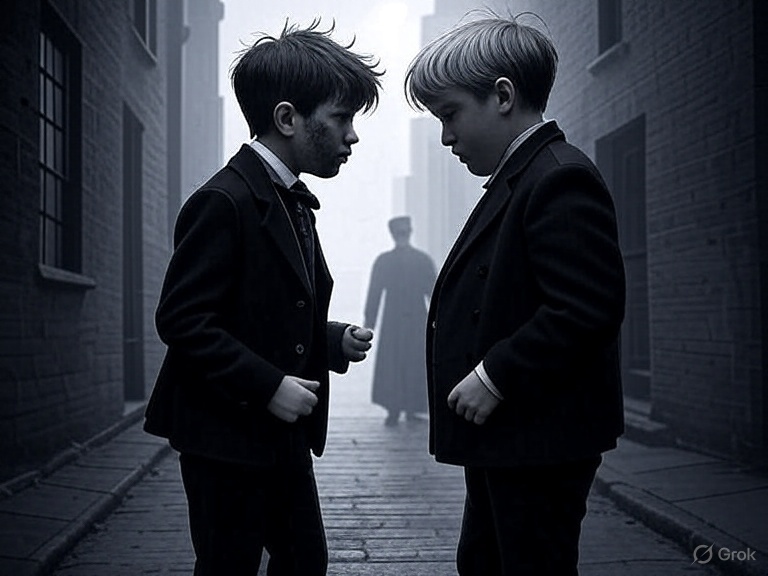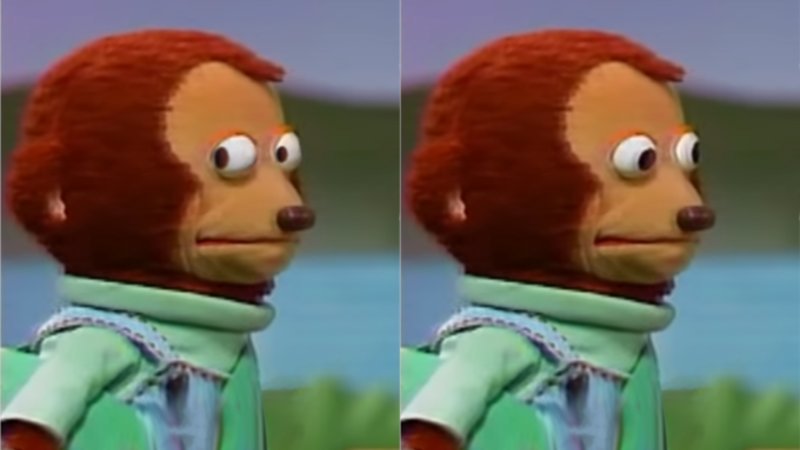How are the WIPs going?
I have, over the past few weeks, been working on a pair of short stories I hope to submit to a horror podcast, The Other Stories. They want cosmic horror. On a day off, I wrote one in a single sitting, but felt there was another story there. When I saw that authors were allowed to contribute two stories per theme, I thought I would bide my time and see if I could write the other, more ethereal story that I sensed was there.
Now that I have written this second story, at least the better part of it—it wants a stronger ending—I feel there is still more to be written. A series of these short stories might make an interesting read, perhaps even amount to a novella. Who knows? However, now and again, as regards my posts here, I sometimes think it would be a good idea to share some of my own writing/outlining methods.
One of the things I do when I see a project developing like this is to ascertain what patterns are showing themselves. Very often, when I'm writing poetry, there is some line or couplet that appears to me, and the rest of the poem pours out of that initial inspiration. I study what I have been given and ask myself: What are the patterns inherent in this and where is it going?
So, if I were to do that with this pair of stories I find a few patterns/themes:
- Horror stories revolving around one POV
- Retrospective
- Themes of Love + Death
- Themes of Chesterton's God, the gods, the philosophers, and the demons
- God: Padre C
Believes in a purity of original uncreated/being - The gods: Giovanni
Paradoxically believing in everything and nothing - The Philosophers: The Doctor
Believes in Death - The Demons: Jasper
Hail Satan
- God: Padre C
- Nyarlathotep vs Hastur :: Satan vs Death
- Order vs Chaos
- Nyarlathotep's schemes vs Hastur's madness
- Nyarlathotep's temple vs Hastur's decay
- Weakened will (seduction) vs blackmail (threats)
- Contract vs Betrayal
- Human sacrifice vs suicide
- Order vs Chaos
Anyway, That's just a quick riff. I don't always write these things out; often, I just think them through. The next question would be where the meta story is going, that is, what is its endpoint/cathartic moment. Now, I have one hint as to the next step, to follow the doctor character, who seems somewhat suspicious, and also to fill in the Chesterton pattern. As such, two more stories appear, one following the doctor and one following Jasper.
So, that's just a little insight into how my thinking process works. I don't know if I'll pursue this possible story or not. Either way, let me know what you think, what you're working on, and what your writing process looks like.
Keep writing.















